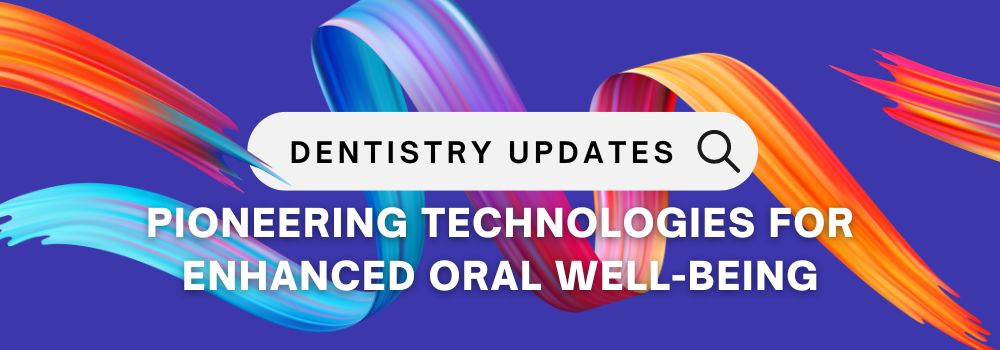Certainly! Let’s start with a brief summary of recent news in the field of dentistry:
- Gargling Away Bad Bacteria in Type 2 Diabetes: Researchers have found that gargling with an antiseptic mouthwash can reduce so-called “bad” bacteria in the mouths of patients with type 2 diabetes. Notably, this reduction in bacteria was accompanied by improved blood-sugar control in some cases1. This study suggests that oral hygiene interventions may have a beneficial effect on glycemic management in diabetic patients. It also highlights the importance of screening and treating periodontal disease in this population, as it may contribute to systemic inflammation and insulin resistance.
Reference : Dentistry News — ScienceDaily - Bad Breath and Bacterial Interactions: A study revealed that the oral bacterium Streptococcus gordonii activates another bacterial species, Fusobacterium nucleatum, leading to the production of large quantities of methyl mercaptan, a compound responsible for bad breath. Disrupting this interaction could have implications for oral health1. This study sheds light on the complex microbial interactions that occur in the oral cavity and their impact on oral malodor. It also suggests that targeting specific bacterial pathways may be a novel strategy to prevent or treat halitosis.
Reference : Dentistry News — ScienceDaily - Bacteria in the Mouth and Pulmonary Fibrosis Survival: Bacteria in the mouth may play a role in survival from idiopathic pulmonary fibrosis (IPF). This finding highlights the potential link between oral health and respiratory conditions1. This study shows that the oral microbiome may influence the prognosis of IPF, a chronic and progressive lung disease with no effective treatment. It also raises the possibility that modulating the oral microbiome may be a therapeutic option for IPF patients.
Reference : Dentistry News — ScienceDaily
Now, let’s delve deeper into the most important topic:
Dentistry’s Technological Revolution: Transforming Patient Trust
For years, dentistry has been considered a decade behind other healthcare fields in terms of adopting innovative technology. However, recent advancements are changing this landscape. Financial constraints and time limitations have historically hindered the implementation of cutting-edge technology in dental practices. But now, a technological revolution is underway, transforming patient experiences and trust.
Key developments include:
- Digital Dentistry: From digital impressions to computer-aided design and manufacturing (CAD/CAM), digital dentistry streamlines procedures, enhances accuracy, and reduces patient discomfort. Intraoral scanners create 3D models of teeth, eliminating the need for messy traditional impressions.
- Teledentistry: Telehealth has gained prominence, allowing dentists to remotely assess patients, provide consultations, and monitor treatment progress. Virtual visits enhance accessibility, especially for patients in remote areas.
- Artificial Intelligence (AI): AI algorithms analyze radiographs, detect cavities, and predict treatment outcomes. Machine learning assists in personalized treatment planning and preventive care.
- 3D Printing: Customized dental prosthetics, implants, and aligners are now fabricated using 3D printing technology. This improves fit, aesthetics, and patient satisfaction.
- Laser Dentistry: Lasers are used for soft tissue procedures, reducing bleeding, pain, and healing time. They also enhance precision during gum surgeries.
- Patient Education Tools: Interactive apps and virtual reality simulations educate patients about procedures, oral hygiene, and treatment options, fostering trust and informed decision-making.
The integration of these technologies not only enhances clinical outcomes but also strengthens patient-provider relationships. Dentists who embrace these innovations build trust by offering efficient, precise, and patient-centric care. As the dental profession continues to evolve, patients can expect a more comfortable and technologically advanced experience at their dental visits2.
Reference : Dentistry News — ScienceDaily
Remember, staying informed about these advancements empowers patients to actively participate in their oral health journey. 🦷💡
.gif)




Share your thoughts, Get involved!
Comments